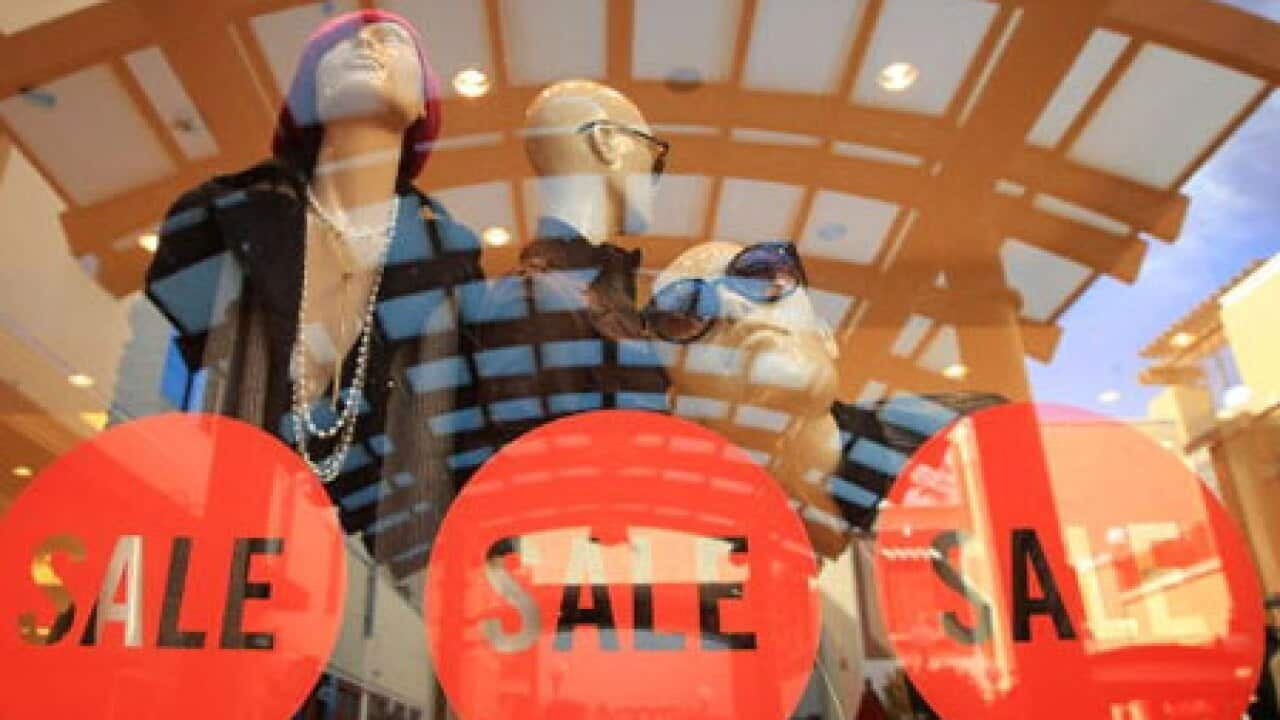Less than 10 per cent of Australian voters believe that a second global financial crisis can be avoided, a survey has found.
But for those fearing the worst, a new survey has found they would rather have the federal opposition handling the economy this time around.
The new survey came as the Australian sharemarket gained something of a reprieve on Monday from recent extreme volatility in global markets, rising 2.6 per cent after gains on Wall Street and European bourses on Friday.
The latest Essential Research online survey found almost half of Australia's voters believed the world was on the cusp of another widespread financial crisis.
Only eight per cent believed another crisis was avoidable.
More than a third said it was a 50-50 call. Should there be another GFC, 40 per cent said they would trust the opposition Liberal Party more to handle the economy, compared with 31 per cent backing the incumbent Labor government.
Yet, 54 per cent believe the government has handled the economy well during the past few years, and compared with the rest of the world, 70 per cent say Australia has performed better.
Finance Minister Penny Wong told ABC radio prior to the survey being released that the government had a track record of responding to international conditions and "doing what's needed".
"We did that during the global financial crisis. I have to say, action that (Opposition Leader) Tony Abbott and (shadow treasurer) Joe Hockey opposed," she said.
"Action which ensured we have an unemployment rate that has a five in front of it, compared to, for example, the US and the UK which are a little bit less than double that."
Still, should there be another GFC, 39 per cent said the government should not undertake the same sort of stimulus spending as they did in 2009, while 36 per cent say it should.
Recent global market volatility, and the threat of another economic downturn, has raised questions over whether the government will be able to return the budget to surplus in 2012/13 as promised.
Asked whether a return to surplus was Labor just trying to improve its financial credibility, Senator Wong said it was "doing the right thing" for the economy. "And that's the way you have to steer the economy, particularly at the times where you see a fair bit of movement globally."
Against an uncertain outlook for the US and Europe, Treasurer Wayne Swan has frequently described Australia's fortunes as being locked in the economic power shift from the west to the east.
But an Australian academic has questioned whether Asia is up to the challenge of its growing international responsibilities.
Australian National University professor Peter Drysdale said while the GFC and the creation of the G20 had put Asian economies in the "driver's seat of world economic affairs", the region's architecture urgently needs restructuring.
"The region needs to strengthen existing frameworks and build new institutions which support financial and monetary cooperation, facilitate global and regional trade agendas and encourage ongoing dialogue with the United States and the European Union," Prof Drysdale said.
Promoting a one-day forum on Asia's global role at the ANU on Friday, he said the region also needed to accommodate Asia's rising importance in political and security affairs.
"Currently none of the existing regional institutions addresses all of the key dimensions of regional co-operation that they now need to face," Professor Drysdale said.

